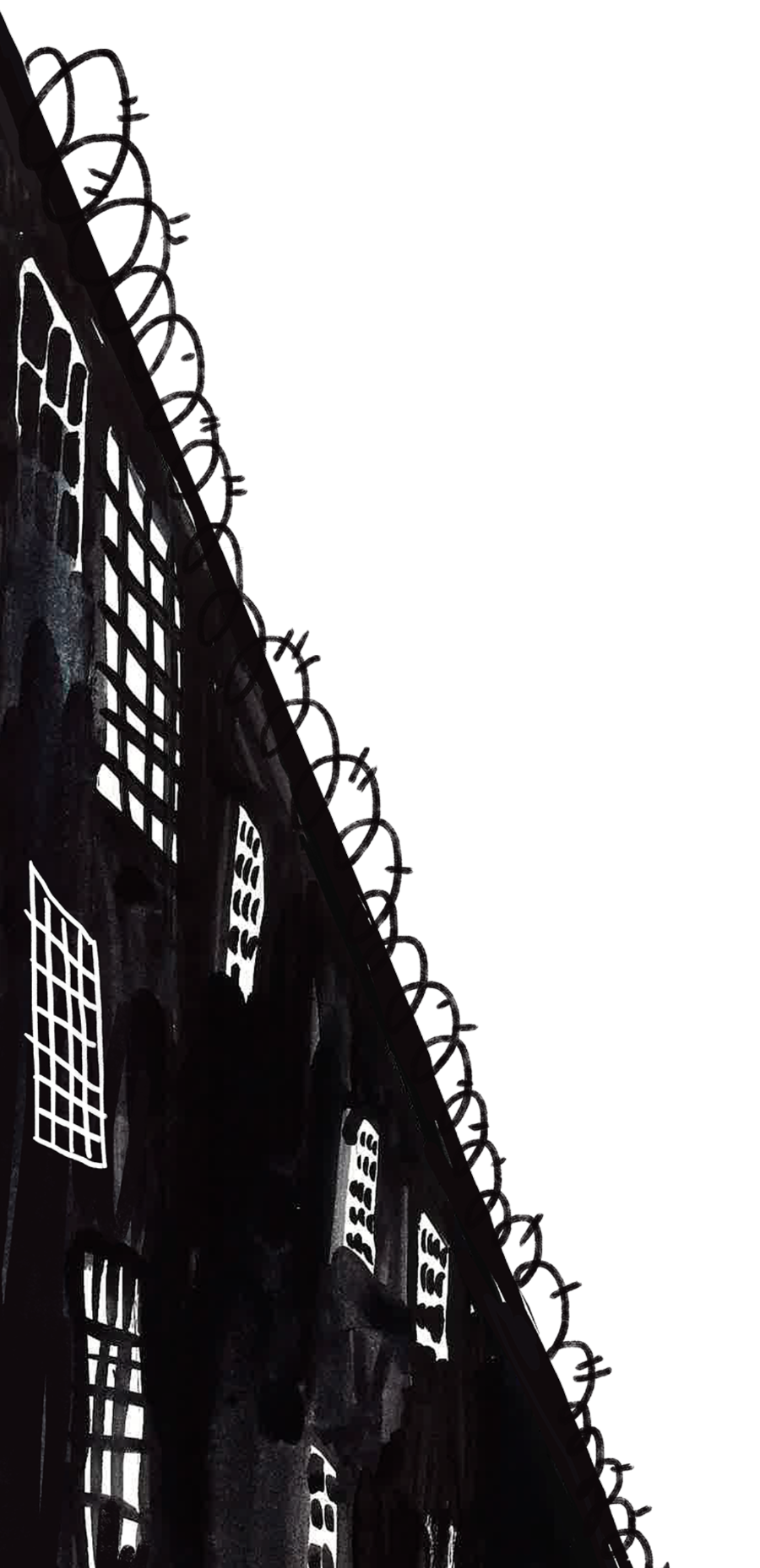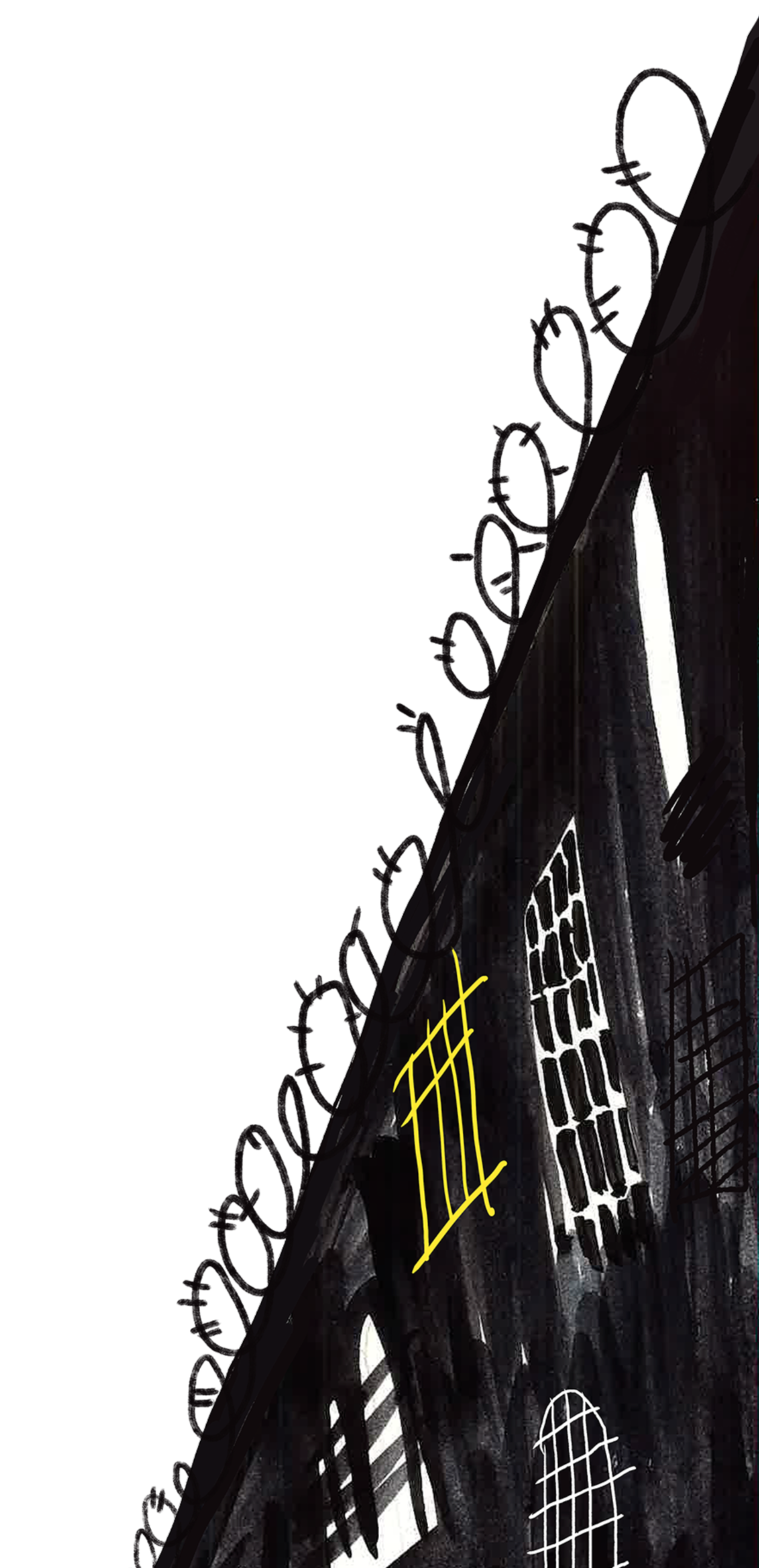Dissident and human rights activist of Jewish origin, born in Kharkiv, who faced anti-Semitism from childhood.On 25 August 1968 he took part in the legendary demonstration against the invasion of Czechoslovakia by Soviet troops. During that event, which lasted no more than five minutes, his front teeth were knocked out. His presence in court with the other demonstrators was therefore extremely undesirable and he was sent for a psychiatric examination, where he was declared insane.
Soon he was confined forcibly in the notorious Leningrad special psychiatric hospital, where such well-known dissidents as Alexander Yesenin-Volpin, Petr Grigorenko, Vladimir Bukovsky and many others, were held in isolation over the years.
During his imprisonment, Fainberg repeatedly went on lengthy hunger strikes in order to not to receive the "treatment” given to neuroleptics (which was comparable to torture), and he sought to secure the rights of other prisoners. Thanks to a doctor, Lev Petrov, who sympathized with Fainberg and passed on news of his situation to dissidents, he became known in the West and was released in November 1973. He emigrated from the Soviet Union in 1974. He lived in London - where he founded the Campaign Against Psychiatric Abuses (CAPA) - and in Israel before settling in France. He was the foreign representative of the SMOT (Free Interprofessional Workers' Association), founded by a group of dissidents. During periods of heightened conflict, he spent periods in Israel, Chechnya, Bosnia and other countries.
In 1990 he was awarded honorary citizenship of Prague. In 2014, the Slovak president Andrej Kiska awarded him a Slovak state honour, the Medal of the President of the Slovak Republic. In the same year, he was also nominated by the Czech Chamber of Deputies for the Order of Thomas Garrigue Masaryk, along with the other 25 August 1968 demonstrators, but Czech President Miloš Zeman awarded it only to Natalia Gorbanevskaya in memoriam. Zeman later said that he did not award him the decoration because of his criticism of Russian President Vladimir Putin.
Today, of the eight people who came to Red Square on 25 August 1968 to protest at the occupation, only Pavel Litvinov and Tatyana Bayeva are still living. The other demonstrators were Larisa Bogoraz, Konstantin Babitsky, Vladimir Dremlyuga, Natalia Gorbanevskaya and Vadim Delaunay.


